The Role of Multi‑State Cooperative Societies in Fostering Regional Development
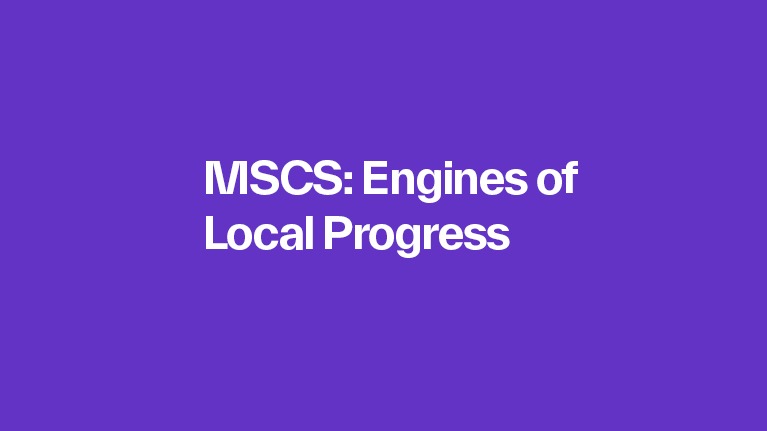
In India’s dynamic socio-economic landscape, Multi-State Cooperative Societies (MSCS) play a pivotal role in regional development. These cooperatives bridge gaps between states, foster economic equity, and create inclusive opportunities across regions. Particularly in India, known for its strong cooperative culture, the rise of multi-state societies marks a significant shift in cooperative innovation and inter-state collaboration.
What is a Multi-State Cooperative Society?
A Multi-State Cooperative Society is a legal entity registered under the Multi-State Cooperative Societies Act, 2002, allowing it to operate across two or more states. These societies are governed and regulated by the Central Registrar under the Ministry of Cooperation, Government of India.
Unlike local cooperative societies, Multi-State Societies are designed to serve broader geographical needs and larger member bases, contributing to regional and national growth.
The Impact on Regional Development
1. Economic Empowerment Through Shared Resources
Multi-state cooperatives help pool resources, capital, and human effort across different regions. For example, a Credit Cooperative Society registration in Kerala can extend its services to Tamil Nadu, increasing financial access for rural and undeserved populations.
2. Enhanced Market Reach for Farmers & Producers
Agricultural, dairy, and hand-loom cooperatives benefit from wider distribution networks and collective bargaining, helping local producers reach bigger markets.
3. Job Creation & Entrepreneurship
These societies generate employment and encourage entrepreneurship through cooperative-based micro-enterprises. Registration of multi-state credit societies in Kerala enables economic self-reliance and reduces dependency on urban migration.
Why Kerala is Emerging as a Hub for MSCS
Kerala, with its cooperative legacy, educated workforce, and strong governance structure, is a fertile ground for cooperative expansion. Entrepreneurs and professionals are increasingly exploring multi-state cooperative society registration in Kerala to tap into cross-border economic models.
Key benefits:
- Transparent governance
- High financial literacy
- Growing demand for cooperative credit institutions
- Government support for cooperative infrastructure
Choosing the Right Consulting Partner
Finding the right consultancy is key to successful registration and growth. Cooperative Bhavan, one of India’s premier consulting firms, offers expert support for Multi-State Cooperatives Registration in Kerala, including:
- Credit society registration
- Multi-state housing and farming cooperatives
- Business plan development
- Amendments, NOCs, and compliance services
With deep experience in cooperative regulations and digital integration, they help new societies align with both regional needs and central government policies.
Conclusion
Multi-state cooperative society registration in Kerala is more than just a legal formality—it is a pathway to inclusive, sustainable, and community-driven development. Whether you’re launching a credit cooperative, a farming initiative, or a housing society, the cooperative model offers immense potential to unite people, develop resources, and transform regions.

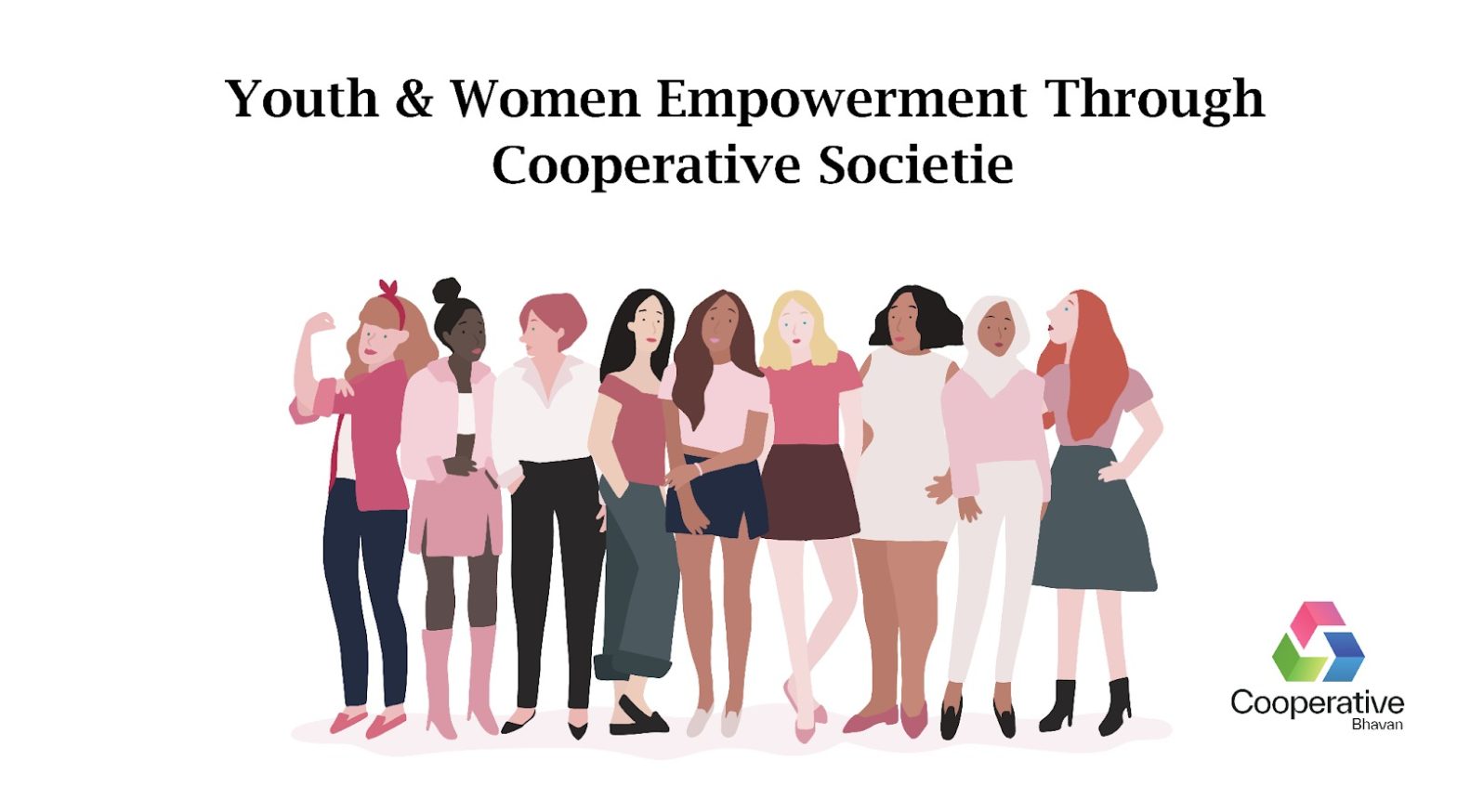







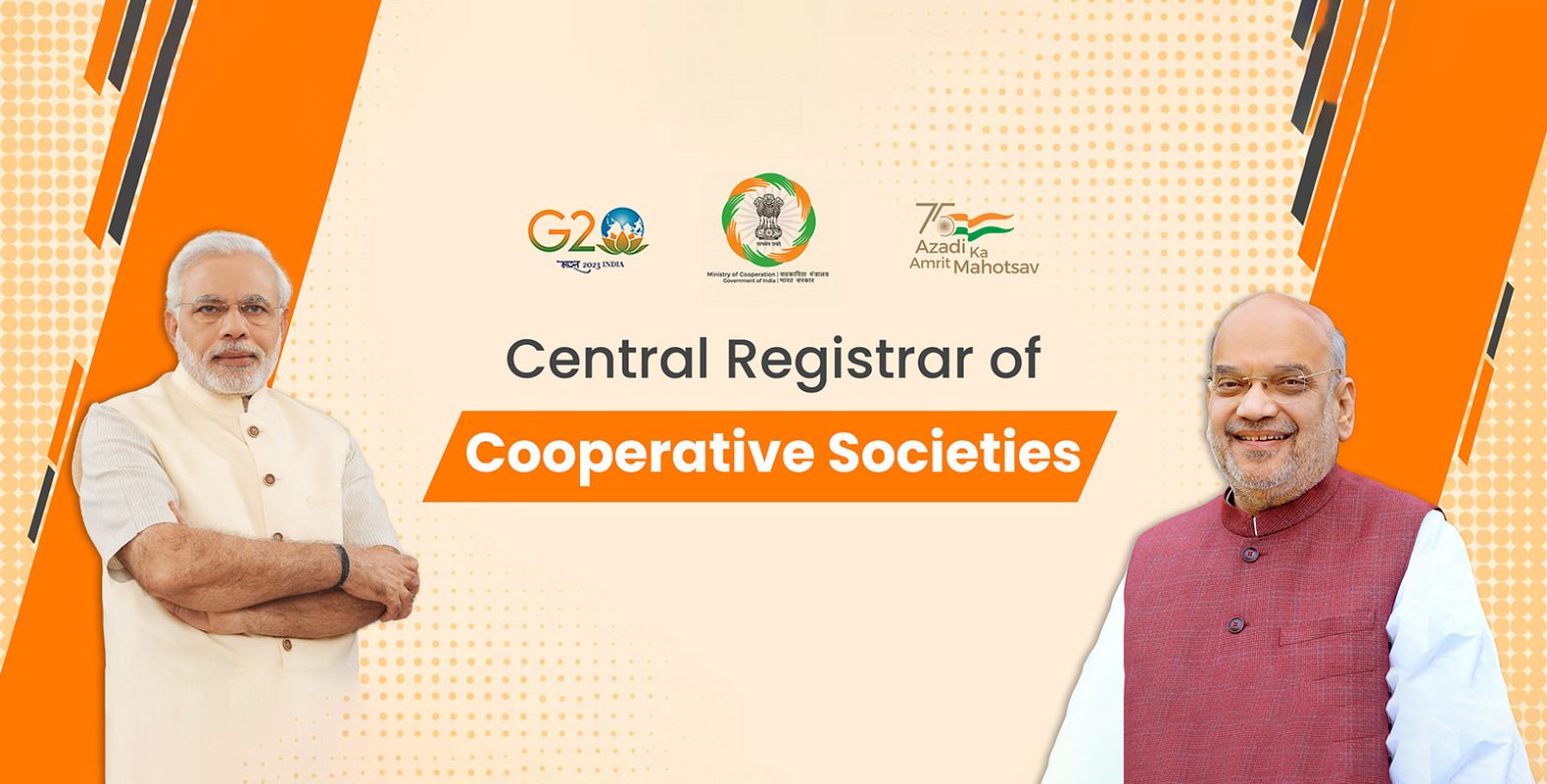




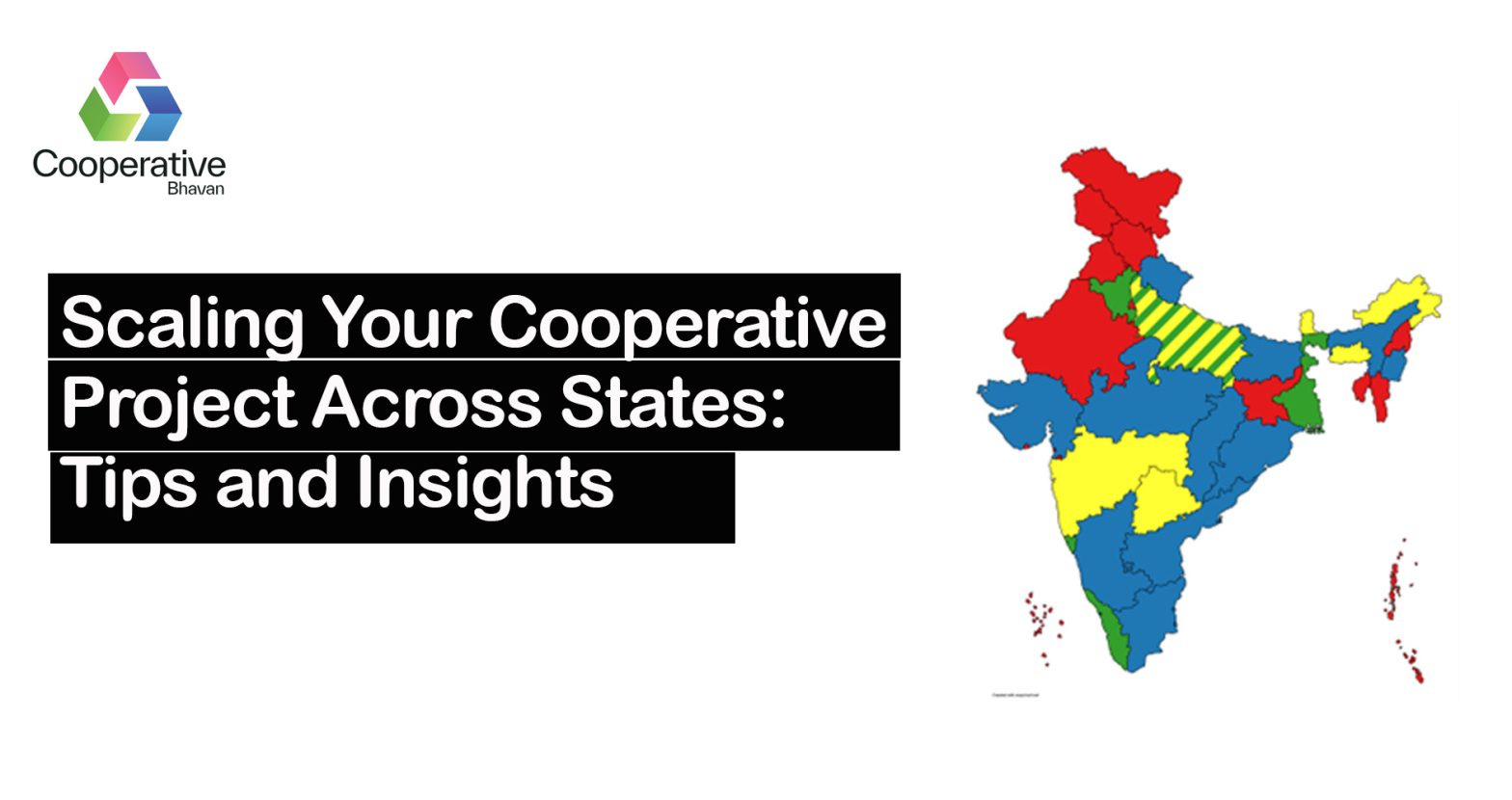
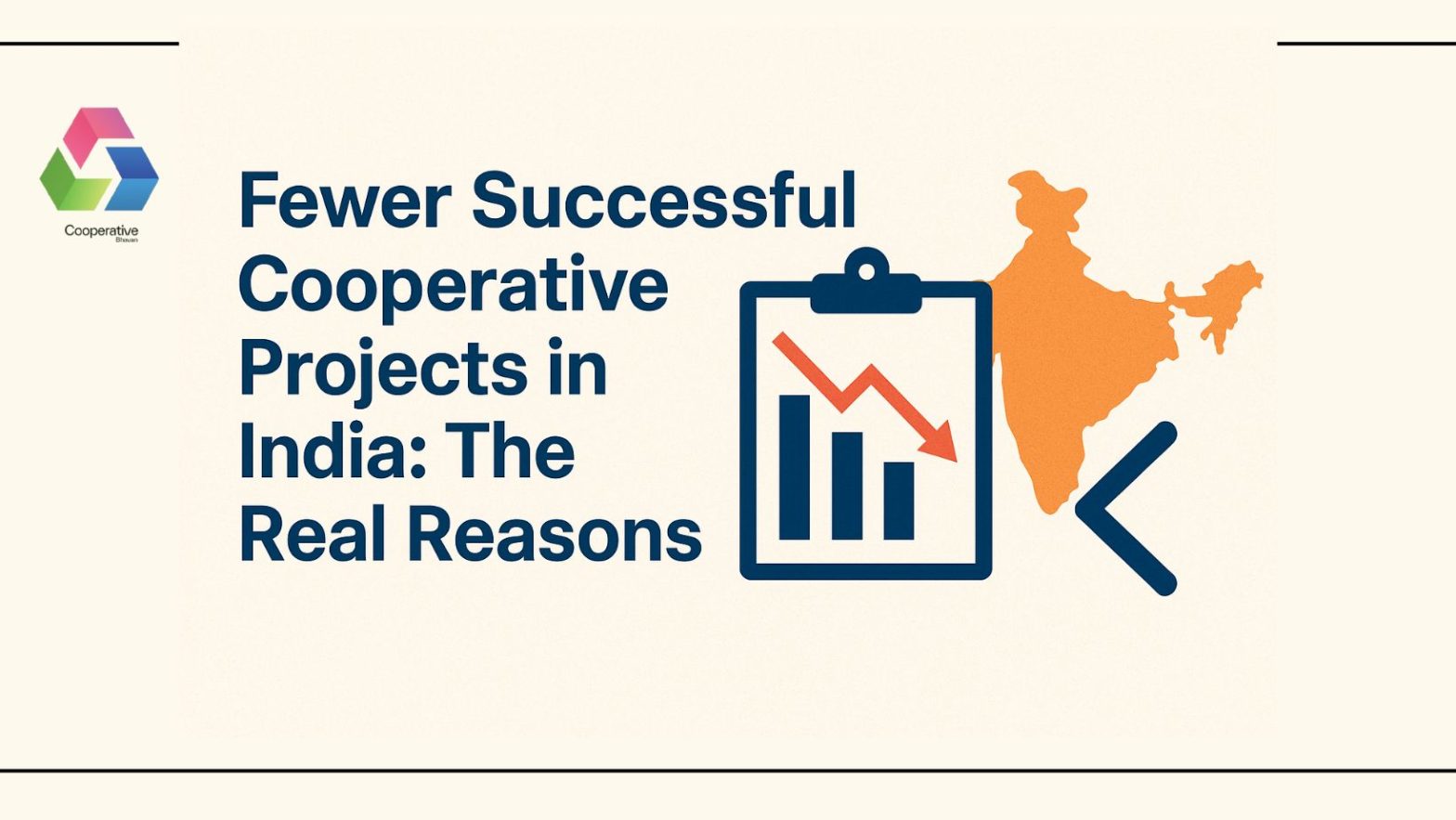


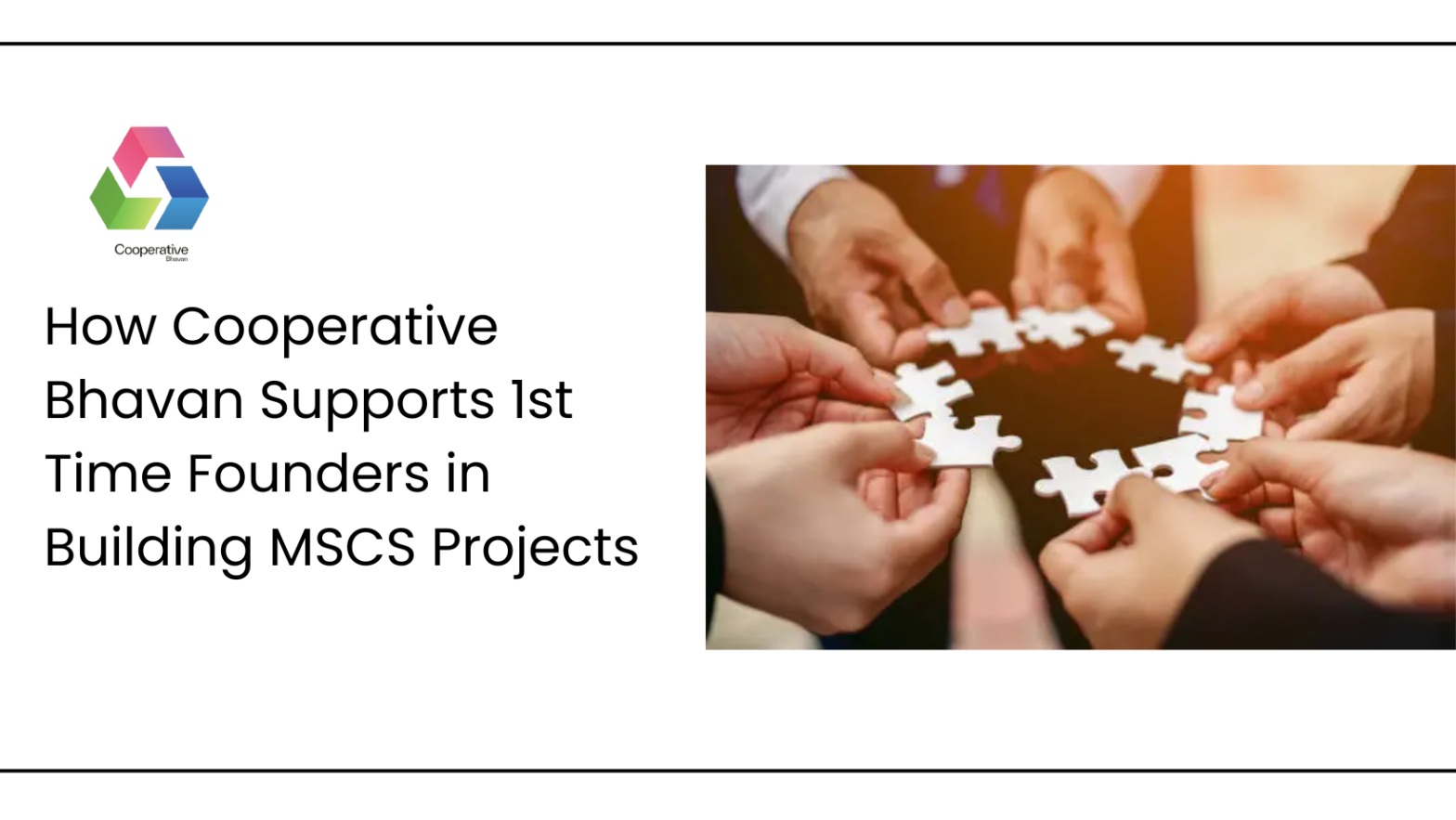






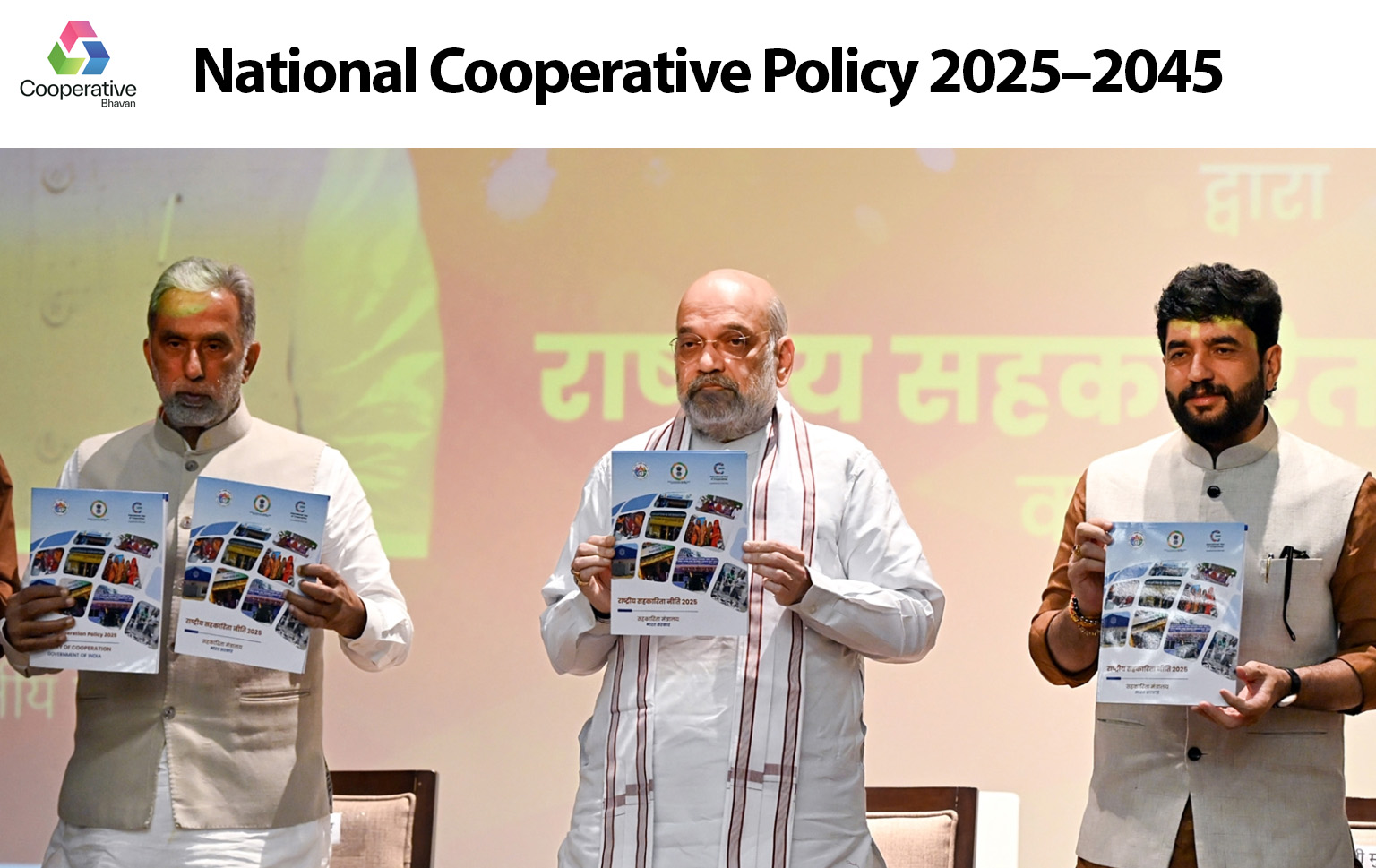

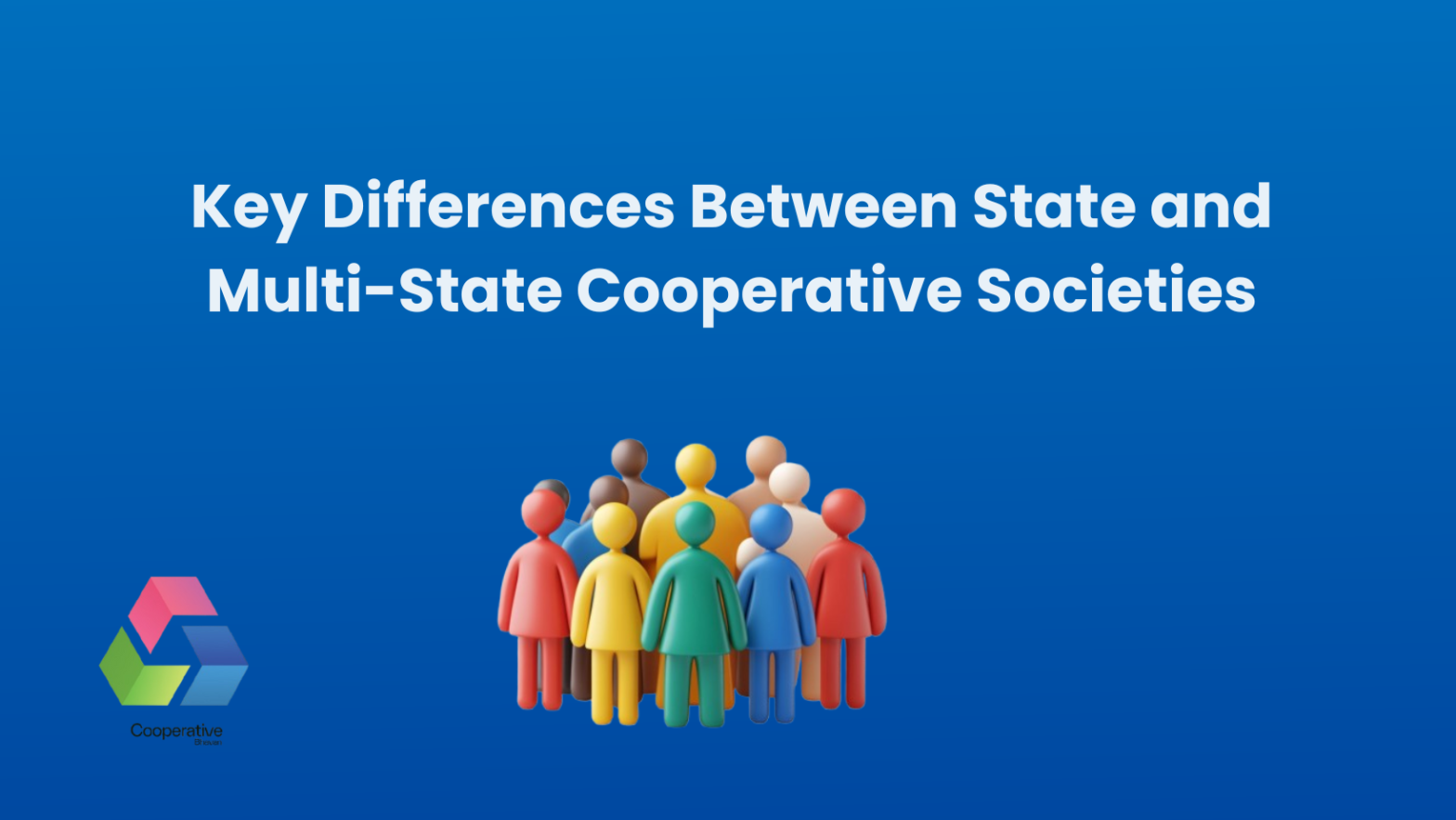
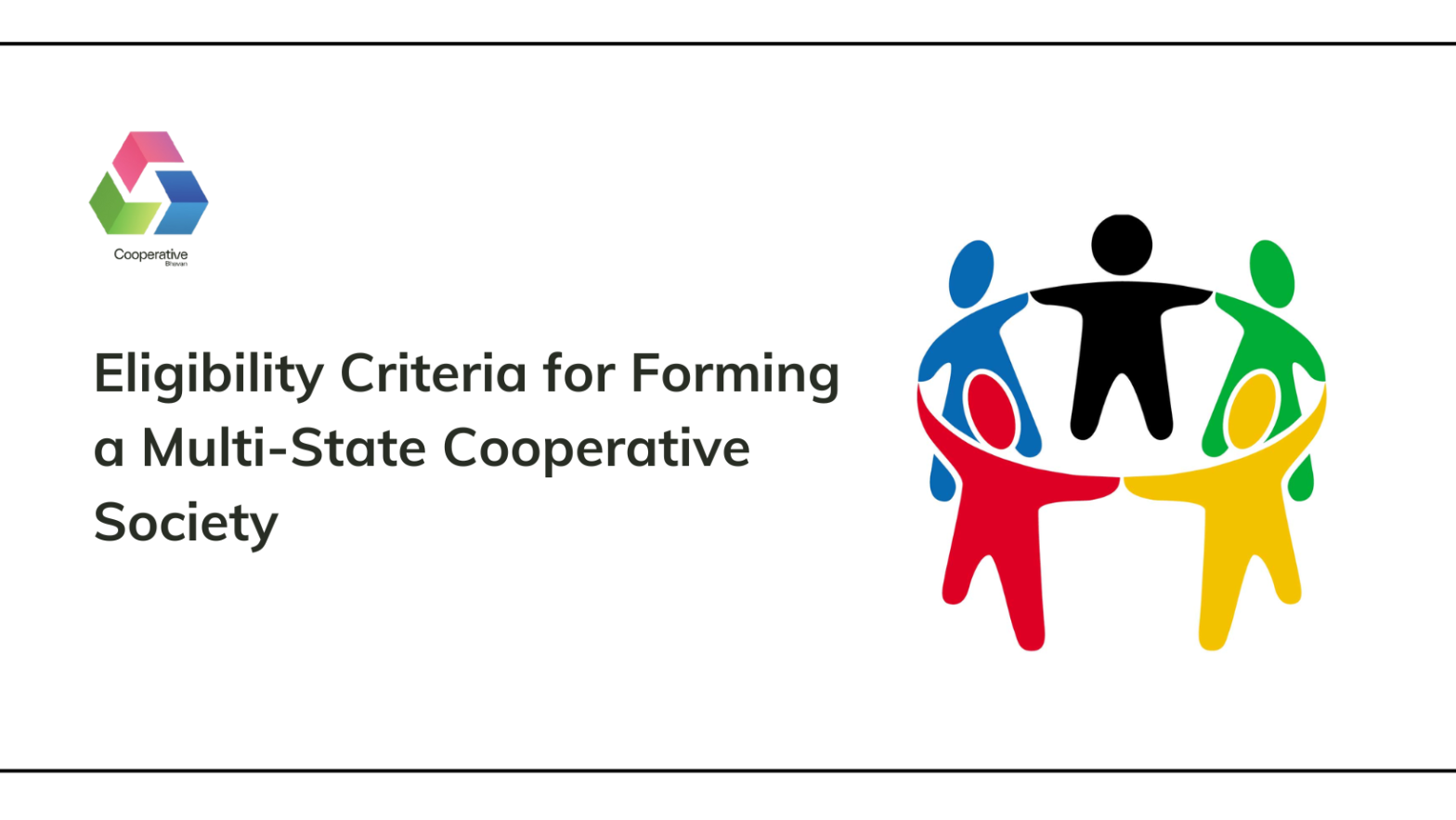
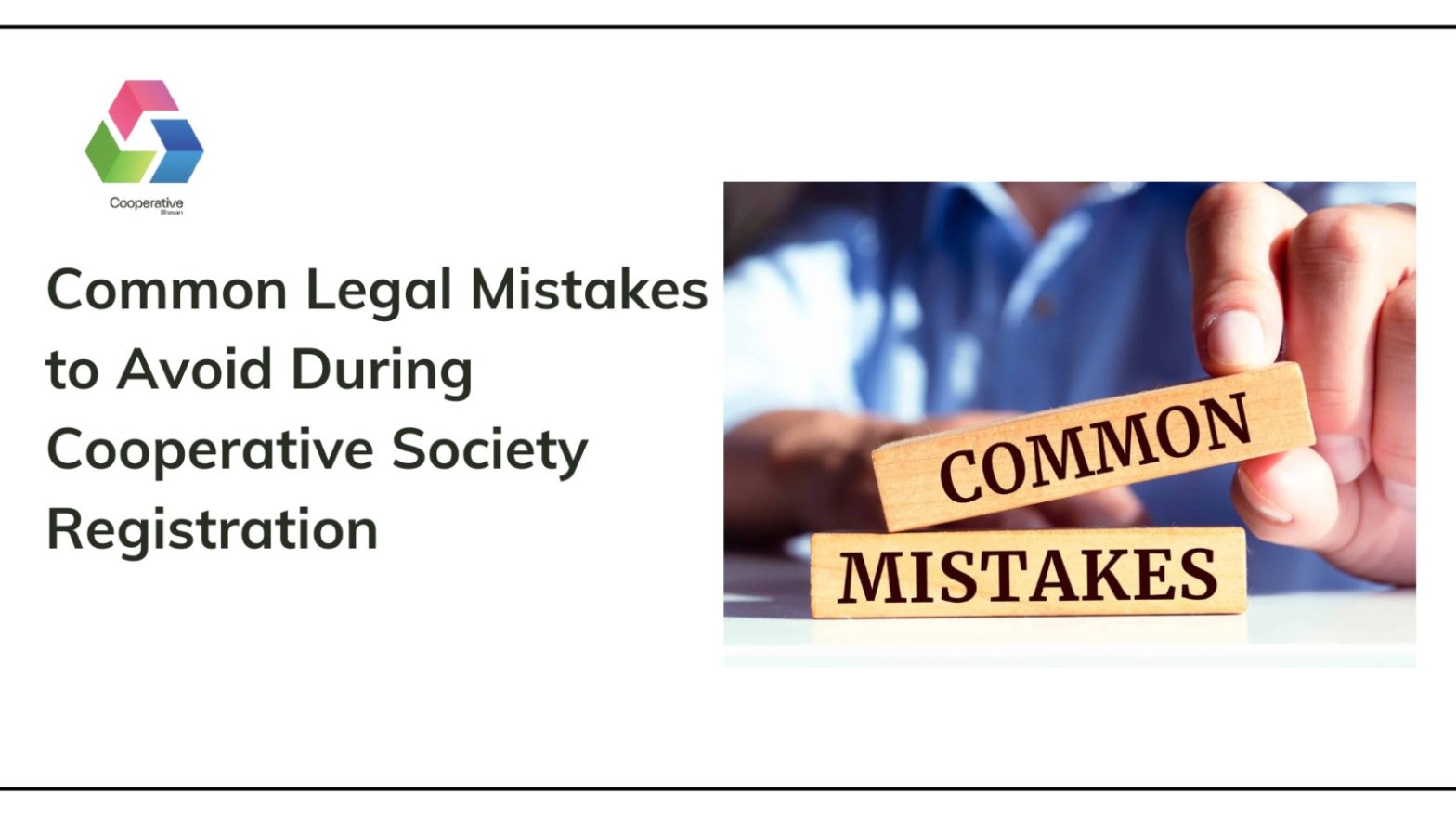




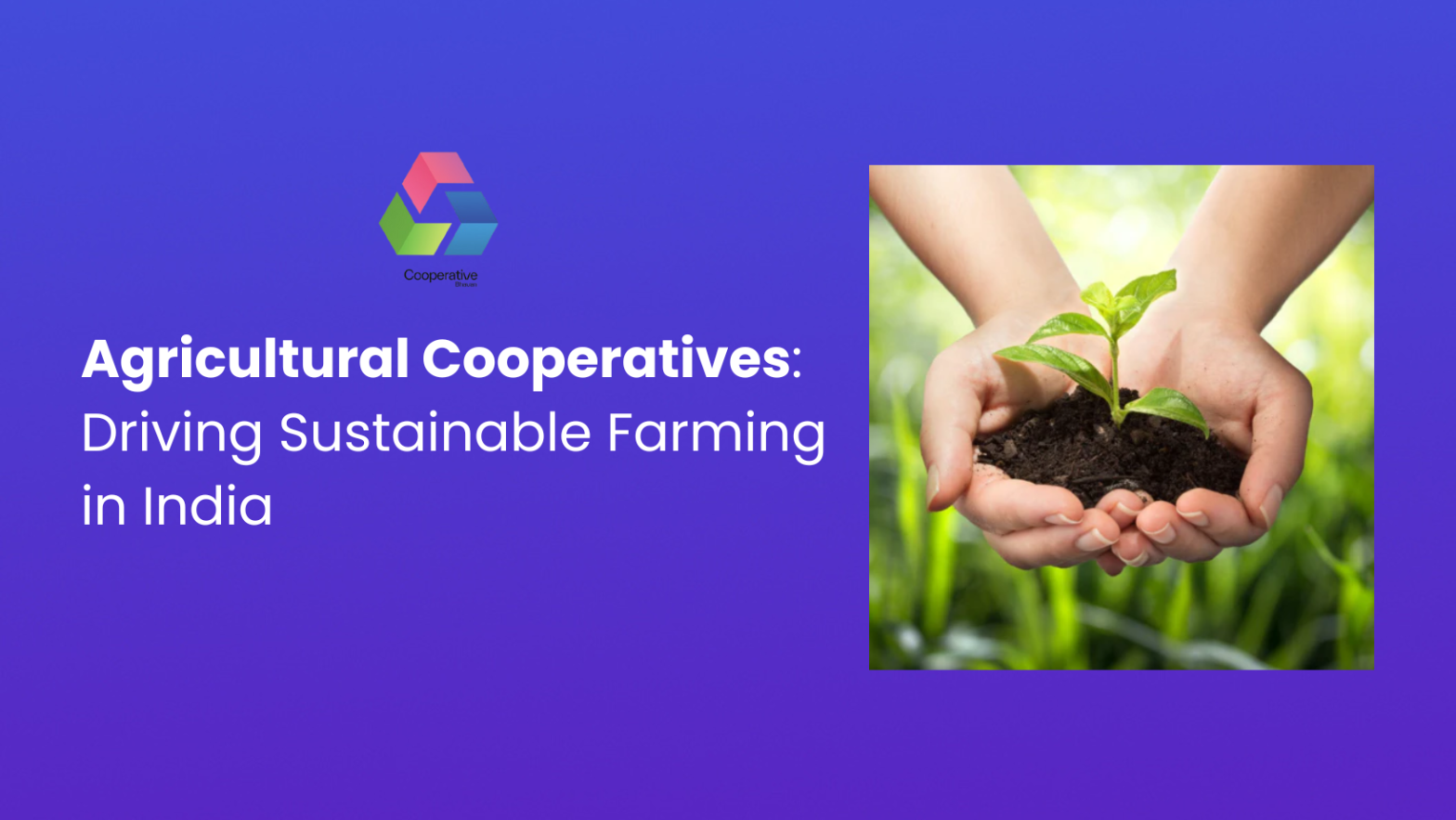





 Mail
Mail  Booking
Booking
 Call
Call